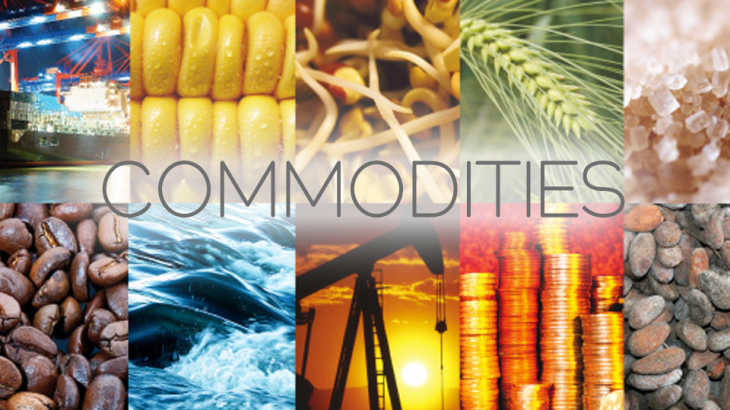The Port-Harcourt refinery with a capacity of 210,000 barrels per day, is poised to begin operations by the end of July.
This announcement comes after several postponements and delays that have plagued the refinery’s revival efforts.
Chief Ukadike Chinedu, the National Public Relations Officer of the Independent Marketers Association of Nigeria (IPMAN), revealed this optimistic timeline on Monday.
According to Chinedu, the refinery’s revival is expected to stimulate economic activities, reduce petroleum product prices, and ensure adequate supply in the market.
The refinery, located in Port-Harcourt, comprises two units: an older plant with a refined capacity of 60,000 barrels per day and a newer plant with a capacity of 150,000 barrels per day.
Despite previous setbacks and delays, the Minister of State for Petroleum Resources, Heineken Lokpobiri, announced the mechanical completion and flare start-off of the refinery in December last year.
However, the refinery’s journey to resuming operations has been marked by challenges and setbacks. It shut down in March 2019 for the first phase of repair works, following the government’s engagement of technical advisors to oversee the refurbishment process.
Despite assurances from NNPC Limited’s Group Chief Executive Officer, Mele Kyari, in March 2024, stating that operations would commence within two weeks, the refinery faced further delays.
In an exclusive interview, Chinedu emphasized the extensive turnaround undertaken at the refinery, suggesting a complete overhaul rather than mere rehabilitation.
He expressed confidence in meeting the July deadline, citing round-the-clock efforts to ensure readiness for operations.
While acknowledging previous delays, Chinedu remained optimistic about the refinery’s imminent revival, emphasizing its potential to enhance competition in the petroleum sector and reduce product prices.
He pointed out that the refinery’s operationalization aligns with the impending commencement of petrol production by the Dangote Refinery, further emphasizing the potential benefits for Nigeria’s energy landscape.
However, Femi Soneye, the Chief Corporate Communications Officer of NNPC Limited, highlighted regulatory approvals from international bodies as the remaining hurdle to the refinery’s operational commencement.
Soneye reiterated that mechanical completion had been achieved, with all necessary infrastructure in place, awaiting regulatory clearance to commence operations.
As Nigeria navigates its energy transition and seeks to bolster local refining capacity, the imminent revival of the Port-Harcourt refinery signifies a significant milestone towards achieving energy sufficiency and economic growth.
With hopes pinned on the July deadline, stakeholders remain vigilant, anticipating the refinery’s long-awaited resurgence.


 Naira4 weeks ago
Naira4 weeks ago
 Naira4 weeks ago
Naira4 weeks ago
 Travel4 weeks ago
Travel4 weeks ago
 Naira3 weeks ago
Naira3 weeks ago
 Jobs4 weeks ago
Jobs4 weeks ago
 Naira4 weeks ago
Naira4 weeks ago
 Investment4 weeks ago
Investment4 weeks ago
 Travel4 weeks ago
Travel4 weeks ago





















